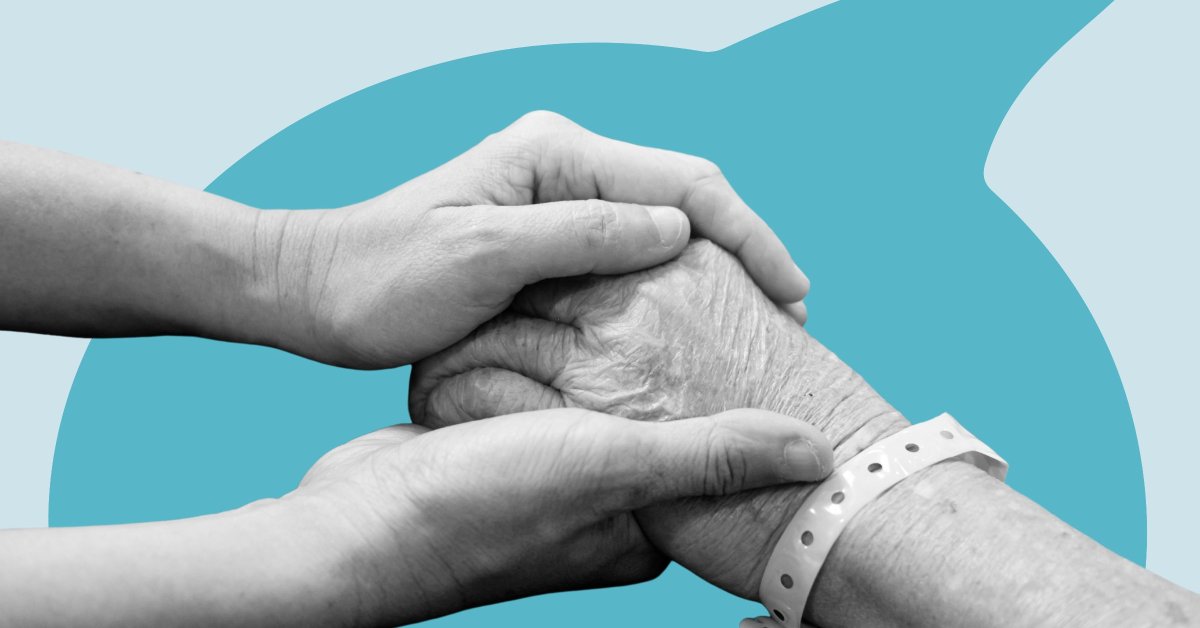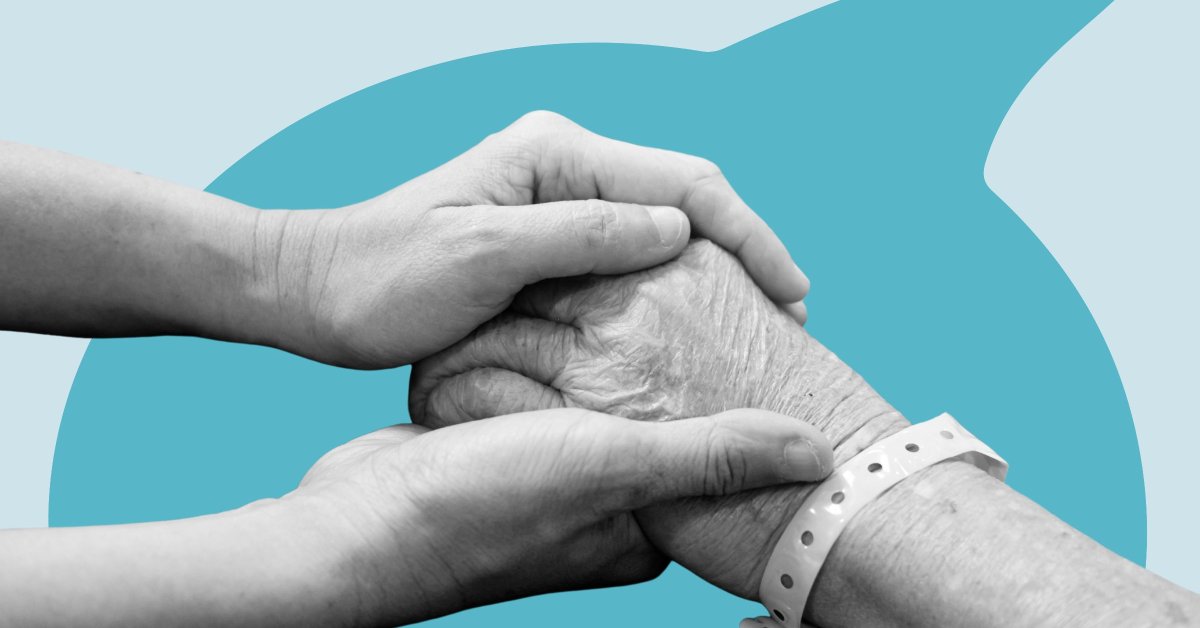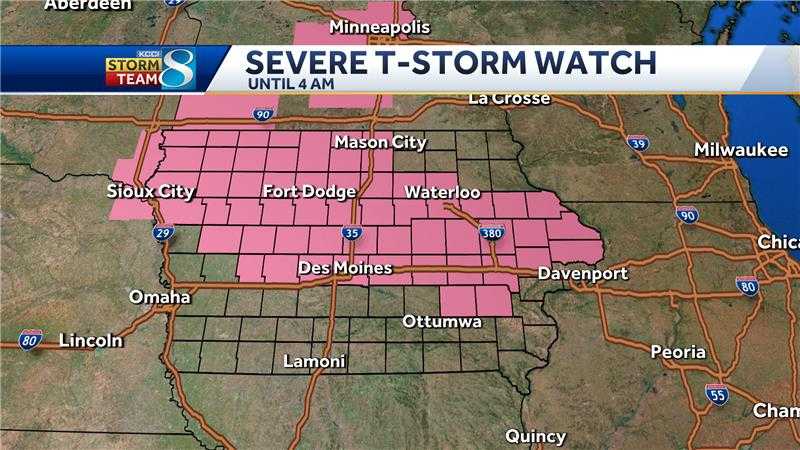Navigating Difficult Conversations: Providing Comfort After A Cancer Diagnosis

Welcome to your ultimate source for breaking news, trending updates, and in-depth stories from around the world. Whether it's politics, technology, entertainment, sports, or lifestyle, we bring you real-time updates that keep you informed and ahead of the curve.
Our team works tirelessly to ensure you never miss a moment. From the latest developments in global events to the most talked-about topics on social media, our news platform is designed to deliver accurate and timely information, all in one place.
Stay in the know and join thousands of readers who trust us for reliable, up-to-date content. Explore our expertly curated articles and dive deeper into the stories that matter to you. Visit Best Website now and be part of the conversation. Don't miss out on the headlines that shape our world!
Table of Contents
Navigating Difficult Conversations: Providing Comfort After a Cancer Diagnosis
Receiving a cancer diagnosis is a life-altering event, filled with fear, uncertainty, and overwhelming emotions. For friends and family, knowing how to offer support and navigate these difficult conversations can feel equally challenging. This article offers guidance on providing comfort and support to someone facing a cancer diagnosis, focusing on empathy, effective communication, and practical assistance.
Understanding the Emotional Landscape
Before you even begin a conversation, it's crucial to understand the emotional rollercoaster your loved one is likely experiencing. Fear, anger, sadness, denial, and even a sense of isolation are all common responses to a cancer diagnosis. Remember, there's no "right" way to feel, and validating their emotions is paramount. Avoid minimizing their feelings or offering unsolicited advice like "stay positive." Instead, focus on active listening and showing genuine empathy.
Initiating the Conversation with Sensitivity
Starting a conversation about a cancer diagnosis requires tact and sensitivity. Choose a private and comfortable setting, free from distractions. Begin by acknowledging their diagnosis and expressing your support. For example, you could say something like, "I heard about your diagnosis, and I'm so sorry. I'm here for you, whatever you need." Let them lead the conversation; don't pressure them to share more than they're comfortable with.
What to Say (and What to Avoid)
- What to Say:
- "I'm here for you." This simple statement offers unwavering support.
- "How can I help?" Offers practical assistance and shows genuine care.
- "I'm listening." Lets them know you're present and ready to support them emotionally.
- "I can't imagine what you're going through, but I'm here to support you in any way I can." Acknowledges the difficulty without minimizing their experience.
- What to Avoid:
- "I know exactly how you feel." Unless you've experienced the same thing, this statement can be dismissive.
- "You'll be fine." This can feel dismissive and invalidating.
- Focusing solely on the positive. It's okay to acknowledge the difficulties and allow space for sadness or anger.
- Offering unsolicited medical advice. Stick to emotional support and practical assistance.
Offering Practical Support
Beyond emotional support, practical help can be invaluable. Consider offering:
- Help with household chores: Cleaning, laundry, grocery shopping, or yard work can significantly reduce stress.
- Transportation to appointments: Offer to drive them to and from medical appointments.
- Meal preparation: Prepare meals or organize a meal train with other friends and family.
- Childcare or pet care: Offer to help with childcare or pet care responsibilities.
- Financial assistance: If appropriate, consider offering financial assistance, especially if treatment costs are burdensome. (Learn more about ).
Maintaining Long-Term Support
Supporting someone through cancer is a marathon, not a sprint. The initial shock and intense emotions may subside, but the need for support continues throughout treatment and beyond. Regular check-ins, both in person and virtually, are important. Remember to adjust your support based on their evolving needs.
Seeking Professional Guidance
If you're struggling to know how best to support your loved one, consider reaching out to a therapist or counselor specializing in cancer support. They can provide valuable guidance and resources.
Conclusion:
Providing comfort after a cancer diagnosis requires empathy, patience, and a willingness to be present. By focusing on active listening, offering practical assistance, and maintaining long-term support, you can make a profound difference in the life of someone facing this challenging journey. Remember, your presence and support can be the most valuable gift you can offer.

Thank you for visiting our website, your trusted source for the latest updates and in-depth coverage on Navigating Difficult Conversations: Providing Comfort After A Cancer Diagnosis. We're committed to keeping you informed with timely and accurate information to meet your curiosity and needs.
If you have any questions, suggestions, or feedback, we'd love to hear from you. Your insights are valuable to us and help us improve to serve you better. Feel free to reach out through our contact page.
Don't forget to bookmark our website and check back regularly for the latest headlines and trending topics. See you next time, and thank you for being part of our growing community!
Featured Posts
-
 Gruesome Aliens And Gory Effects A Video Journey Into The Making Of Hulus Alien Earth
Jul 29, 2025
Gruesome Aliens And Gory Effects A Video Journey Into The Making Of Hulus Alien Earth
Jul 29, 2025 -
 Navigating Difficult Conversations Providing Support After A Cancer Diagnosis
Jul 29, 2025
Navigating Difficult Conversations Providing Support After A Cancer Diagnosis
Jul 29, 2025 -
 Pennsylvania Governors Race 2026 Doug Mastrianos Strategy For A Comeback
Jul 29, 2025
Pennsylvania Governors Race 2026 Doug Mastrianos Strategy For A Comeback
Jul 29, 2025 -
 Prisoner Govindachamy Breaks Hunger Strike With Unusual Food Request After 13 Years
Jul 29, 2025
Prisoner Govindachamy Breaks Hunger Strike With Unusual Food Request After 13 Years
Jul 29, 2025 -
 Prison Officers Public Statements Regarding Govindachamy Jailbreak Result In Suspension
Jul 29, 2025
Prison Officers Public Statements Regarding Govindachamy Jailbreak Result In Suspension
Jul 29, 2025
Latest Posts
-
 Go Behind The Scenes Of Hulus Alien Earth Exclusive Video
Jul 29, 2025
Go Behind The Scenes Of Hulus Alien Earth Exclusive Video
Jul 29, 2025 -
 Trumps Sanctuary City Crackdown Faces Setback Shifts Focus To New Fight
Jul 29, 2025
Trumps Sanctuary City Crackdown Faces Setback Shifts Focus To New Fight
Jul 29, 2025 -
 Trumps War On Sanctuary Cities Suffers Defeat But The Fight Continues
Jul 29, 2025
Trumps War On Sanctuary Cities Suffers Defeat But The Fight Continues
Jul 29, 2025 -
 Widespread Power Outages Hit Iowa After Morning Storms
Jul 29, 2025
Widespread Power Outages Hit Iowa After Morning Storms
Jul 29, 2025 -
 Urgent Weather Alert Severe Thunderstorm Watch In Effect For North Iowa
Jul 29, 2025
Urgent Weather Alert Severe Thunderstorm Watch In Effect For North Iowa
Jul 29, 2025
